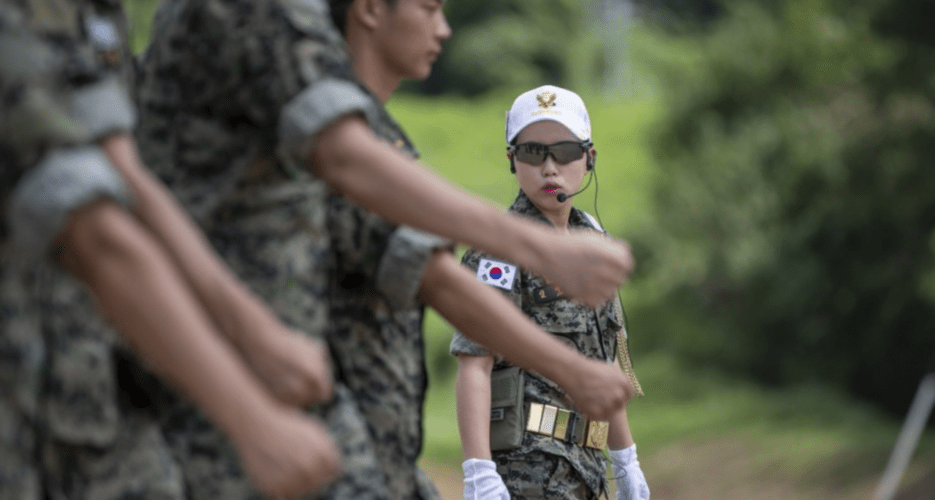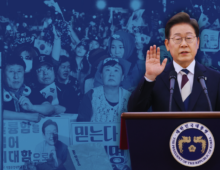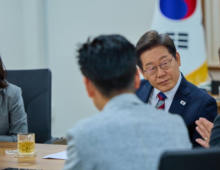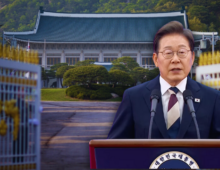Population decline creates big need for troops, but public opinion and institutional norms may not move quickly enough
Sergeant Im Ye-won, the sole female instructor at the special warfare school's NCO training unit, leads comprehensive training in Taekwondo and formal drill education for over 30 cadet candidates, Sept. 9, 2019 | Image: ROK Army Headquarters
As South Korea grapples with a declining birth rate and a shrinking pool of young men available for the country’s mandatory military service, New Reform Party (NRP) leader Lee Jun Seok’s proposal to make military service mandatory for women seeking public sector roles has sparked a heated debate.
While the proposal aims to address the country’s demographic challenges and ease the burden on male conscripts, it also highlights the deep-seated gender discrimination and inadequate facilities for women in the South Korean military.
As South Korea grapples with a declining birth rate and a shrinking pool of young men available for the country’s mandatory military service, New Reform Party (NRP) leader Lee Jun Seok’s proposal to make military service mandatory for women seeking public sector roles has sparked a heated debate.
While the proposal aims to address the country’s demographic challenges and ease the burden on male conscripts, it also highlights the deep-seated gender discrimination and inadequate facilities for women in the South Korean military.
Get your
KoreaPro
subscription today!
Unlock article access by becoming a KOREA PRO member today!
Unlock your access
to all our features.
Standard Annual plan includes:
-
Receive full archive access, full suite of newsletter products
-
Month in Review via email and the KOREA PRO website
-
Exclusive invites and priority access to member events
-
One year of access to NK News and NK News podcast
There are three plans available:
Lite, Standard and
Premium.
Explore which would be
the best one for you.
Explore membership options
© Korea Risk Group. All rights reserved.
No part of this content may be reproduced, distributed, or used for
commercial purposes without prior written permission from Korea Risk
Group.












